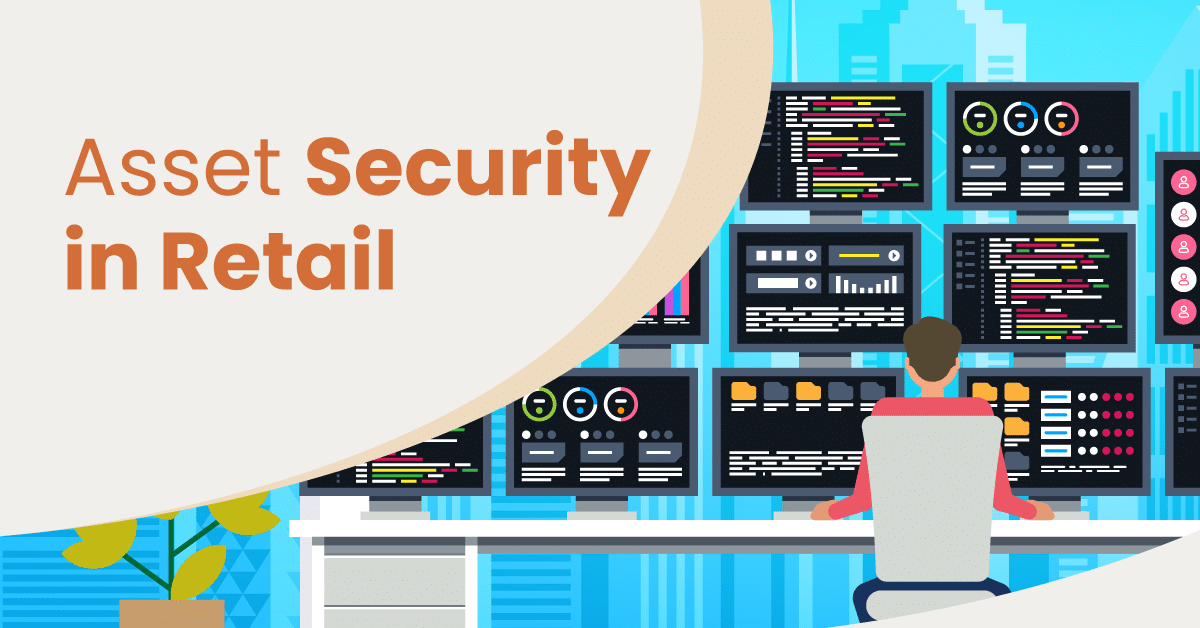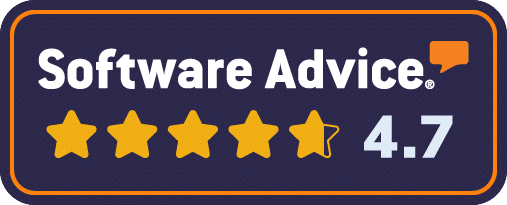One of the biggest challenges that retailers face is ensuring that their business has sufficient margins, but also that those margins aren’t so great that they drive away shoppers. Striking the perfect balance is essential for maintaining successful operations. So when something comes along that affects those margins, it immediately becomes a major issue for retail owners, operators, and managers.
Retail loss, shrinkage, and theft are several critical areas for retailers to consider when analyzing their profit margins. Even a slight increase can have a catastrophic impact on business operations. That’s why asset security in retail is so important.
This blog will analyze some of the costs of retail loss and examine several of the most important asset protection measures that retail owners can make.
What Is the Cost of Retail Shrink?
Preventable loss in retail accounts for a whole lot more than most people think. According to the NRF, U.S. retail loss totaled a staggering $95 billion in 2022, a 5.3% increase from 2021.
Such a massive number indicates that it’s a serious but challenging problem for retailers to overcome. With the rate of retail loss continuing to grow, it’s more important than ever for industry leaders and business owners to address the issue.
What Are the Causes of Retail Loss?
Part of what makes retail loss so difficult to solve is the fact that the problem stems from several different sources. Below are a few of the most common:
- External theft
- Employee theft
- Operational fraud
- Admin/bookkeeping errors
- Spoilage
- Operational loss
- Vendor fraud
- Product damage
- Return fraud
- Accidents
- Natural disasters
While it’s logistically impossible to eliminate all instances of retail loss, there are some critical ways that businesses can shore up their asset security tactics.
What are Some of the Ways to Improve Asset Security in Retail?
There are several key best practices that every retailer should be taking to protect against preventable loss.
Keep an Organized Store
A lack of organization in a retail space makes it far easier for shoppers to get away with theft more casually. Clutter prevents staff from accurately accounting for specific items. It also inspires potential shoplifters to commit the crime because the business seems to lack sufficient oversight against shoplifting.
Train All Staff
While it’s important to train cashiers and salespeople about your products and to provide exceptional customer service, it’s also critical to show them how to identify suspicious behavior. Keep an eye out for the following:
- Looking around for cameras or watchful staff
- Avoiding employees
- Moving products around
- Frequent visits without making a purchase
- Baggy clothing
- Acting nervous
Add a Modern Security System
Most retailers allocate a larger portion of their budget to asset security and retail fraud prevention technology. Modern cameras and other detection tools serve to both deter potential shoplifters as well as catch active crime or identify culprits.
Modern security systems are becoming easier to implement and much cheaper to maintain.
Make Any Theft Prevention Obvious
With whatever technology you decide to implement, make sure you advertise it. Thieves are much less likely to commit a crime if they see extensive security measures in place.
Basic signage or even fake equipment will make someone second guess their decision.
Use Asset Security Through a POS System
Your retail POS system is an invaluable tool for asset protection, too. It is especially important for protecting against internal theft.
A modern point of sale tracks inventory from the moment a product is ordered to the moment it leaves your front doors. Real-time inventory management allows retailers to better understand where their products are and identify any problems.
Plus, in-depth cashier reports illuminate concerning trends. Retailers can see voids, comps, moved items, and other suspicious behavior from each individual cashier.
A POS also can provide prompts for various theft prevention techniques, such as age verification (or even government regulation through software like Access Intell’s PPSR accuracy)
Implement RFID Technology
RFID technology is making waves in the world in retail. Not only does it provide a more seamless shopping experience, improve inventory management, increase order and sales accuracy, and keep cashier lines short, but it also is an amazingly simple tool for preventing theft. RFID tags are affordable and easy to install on each individual item, making theft identification that much more clear.
Be Smarter About Cash Payments
Cash payments are becoming increasingly uncommon. This is largely a positive trend for both retailers, cashiers, and consumers. Since cash is a common source of theft, some retailers have gone so far as to eliminate all cash payments.
Such a move is a bit extreme since many shoppers still prefer paying with cash. A great middle-ground option is using a service such as BLUbeem by Brink’s. This solution insures your cash from theft so that retailers don’t have to worry as much about cash protection measures.
KORONA POS has been a huge game changer for my overall profitability. Implementation was seamless and painless! The support staff is great and always ready to help. Had I known it would be this easy, I would have made the switch sooner!
-Kristen L.
Asset Security Through KORONA POS
For more information on how your point of sale can help with your retail asset protection, sign up for a demo with KORONA POS. The software makes it easy to identify theft and seamlessly integrates with other theft-prevention software for additional security.
Click below to learn more.












